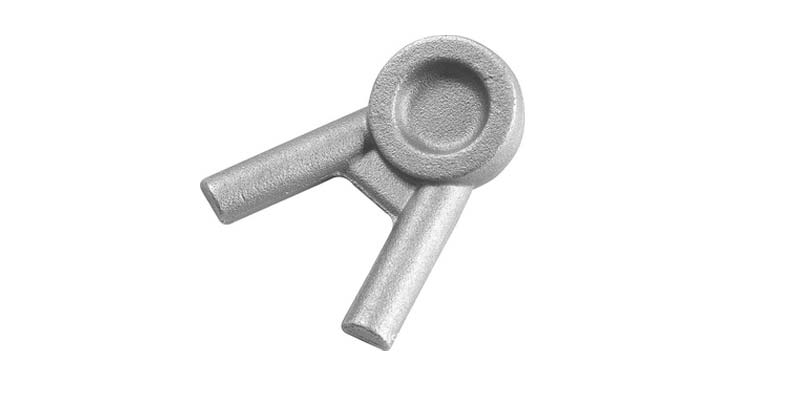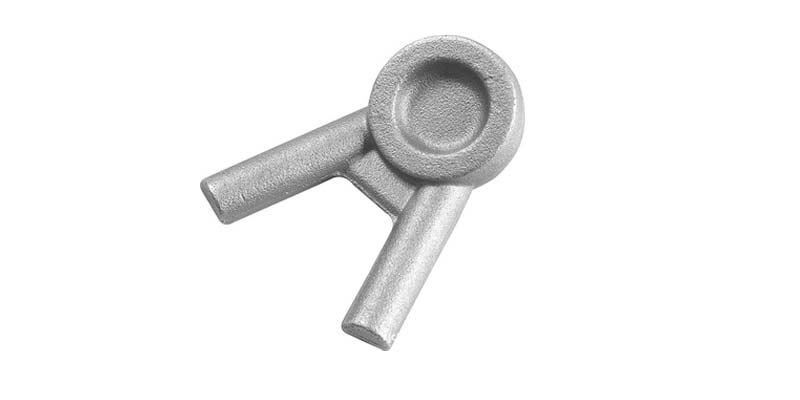- Contact Innally, Let you purchase forgings in China more favorable prices, products more assured!
- Hotline:+(86)15038323776 Email:innally@innally.com
What are the types of artificial joint forgings?
- Category: Steel forgings, Thermal forging
- |
- Date: 20/11/2023
there are many types of artificial joint forgings, and different materials and manufacturing processes are suitable for different types of artificial joint manufacturing. When choosing the use, it is necessary to choose according to the specific situation of the patient and the site of use.
Product Details
The types of artificial joint forgings are mainly classified according to factors such as the materials used, the manufacturing process and the purpose. The following are common types of artificial joint forgings:
Titanium alloy artificial joint forging
Titanium alloy is a high-strength, lightweight, corrosion-resistant material, so it is widely used in the manufacture of artificial joints. Titanium alloy artificial joint forging through precision manufacturing technology and strict inspection standards, with high accuracy and reliability, suitable for all kinds of artificial joint manufacturing.
Stainless steel artificial joint forging
Stainless steel is a material with excellent corrosion resistance and aesthetics, and is also commonly used in artificial joint manufacturing. After polishing and other surface treatment process, stainless steel artificial joint forging has high gloss and aesthetics, which is suitable for the manufacture of various artificial joints. Cobalt chromium alloy is a kind of material with high strength, corrosion resistance and good biocompatibility, so it is widely used in the manufacture of artificial joints.

Cobalt-chromium alloy artificial joint forgings
After precision manufacturing process and strict inspection standards, it has high accuracy and reliability, and is suitable for the manufacture of various artificial joints. Ceramic artificial joint forging Ceramic artificial joint forging has the advantages of high hardness, wear resistance, corrosion resistance and good biocompatibility, which is suitable for the manufacture of high wear parts such as hip joint and knee joint. Ceramic artificial joint forgings have high accuracy and reliability through precise manufacturing process and strict inspection standards.
Polymer artificial joint forgings
The high polymer artificial joint forging has good flexibility and biocompatibility, and is suitable for the manufacture of various artificial joints with low friction parts. The high polymer artificial joint forging has high precision and reliability through precise manufacturing process and strict inspection standards.
In short, there are many types of artificial joint forgings, and different materials and manufacturing processes are suitable for different types of artificial joint manufacturing. When choosing the use, it is necessary to choose according to the specific situation of the patient and the site of use.
nannan
INNALLY mainly provides you with various types of cast and forged parts products. Welcome your inquiries! innally@innally.com
Related Products
Search
Forging center
- Steel forgings
- Aluminium alloy forging
- Titanium alloy forging
- Stainless steel forging
- Copper forging
- Automotive forgings
- Locomotive forging
- Bicycle forgings
- Motorcycle forging
- Rigging and fasteners
- Bearing forging
- Electric power fittings
- Marine forging
- Mechanical forgings for metalworking
- Mining machinery forgings
- Marine engineering forgings
- Construction machinery forgings
Popular product

© 2025. All Rights Reserved.







